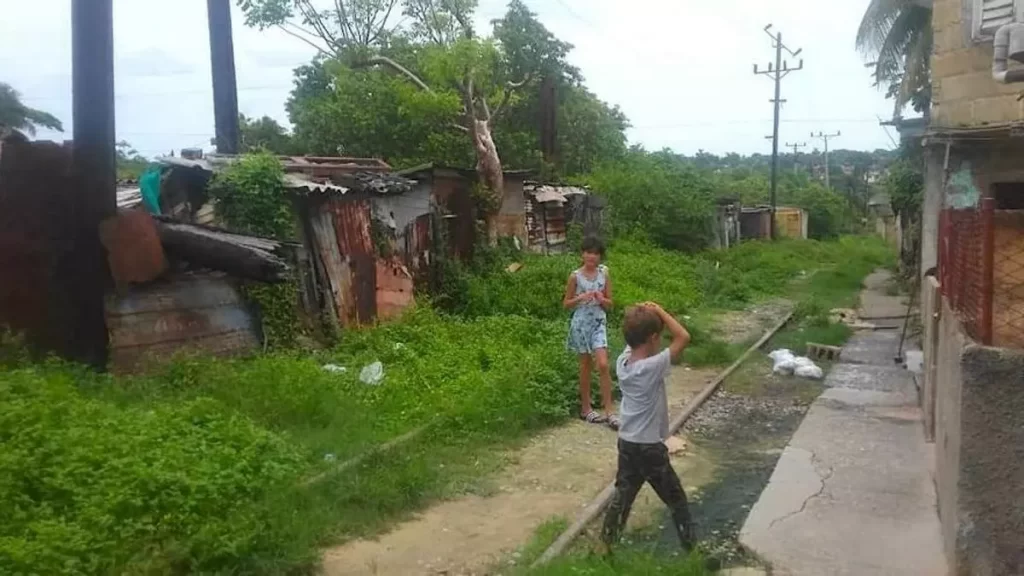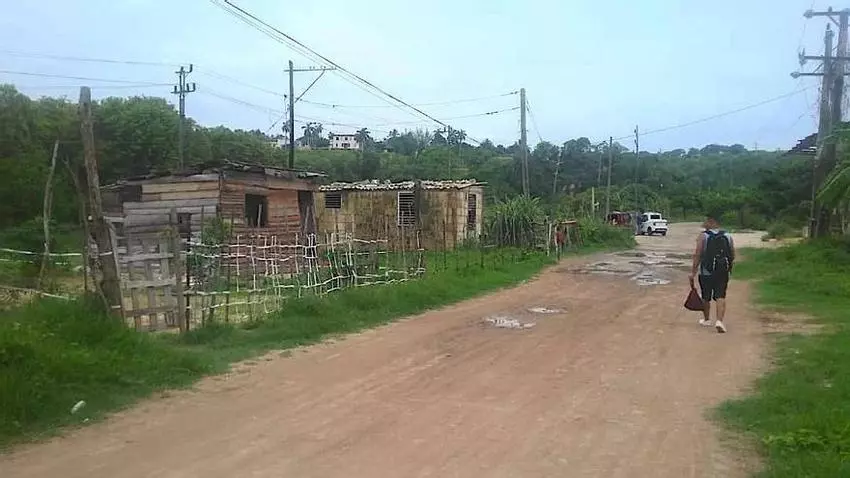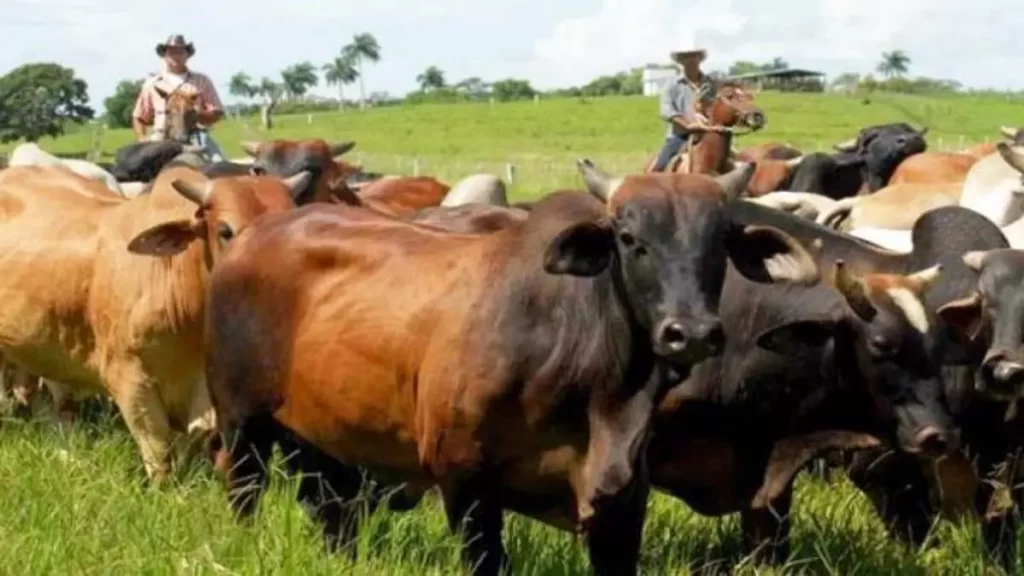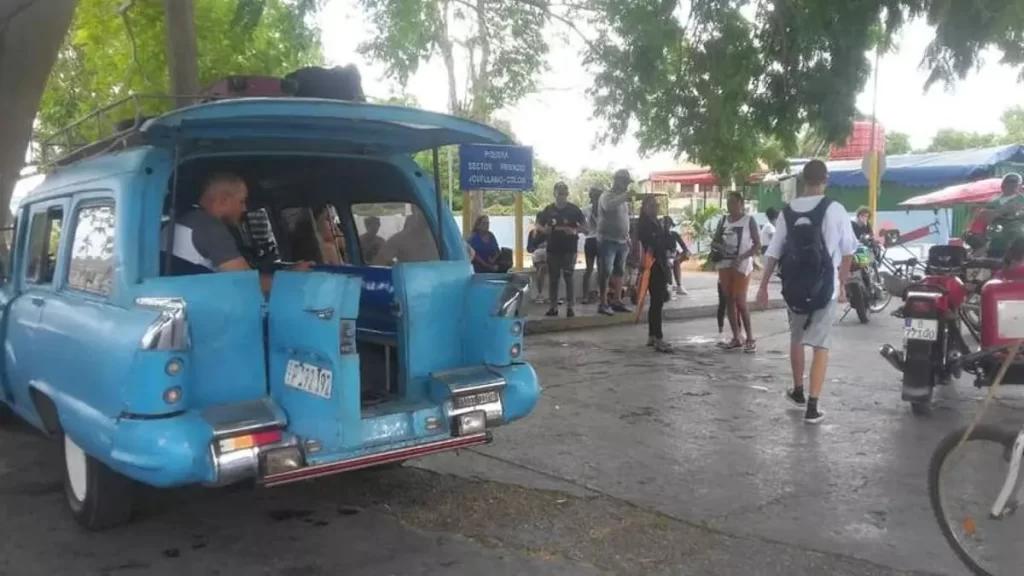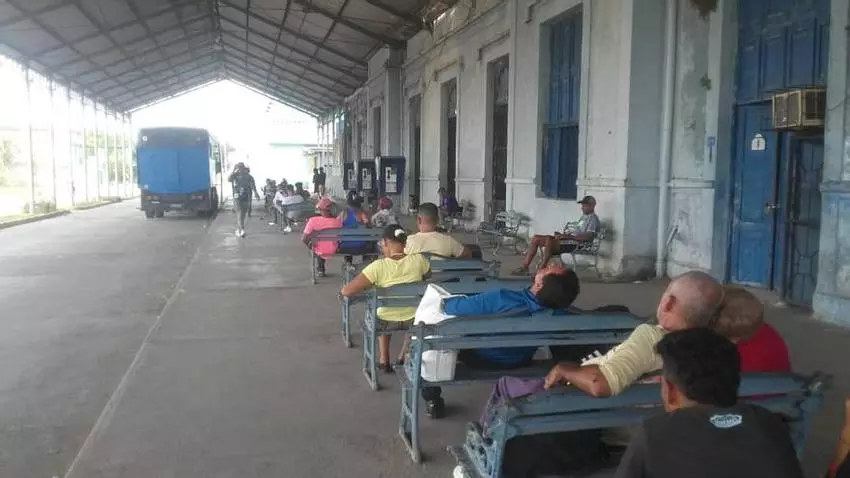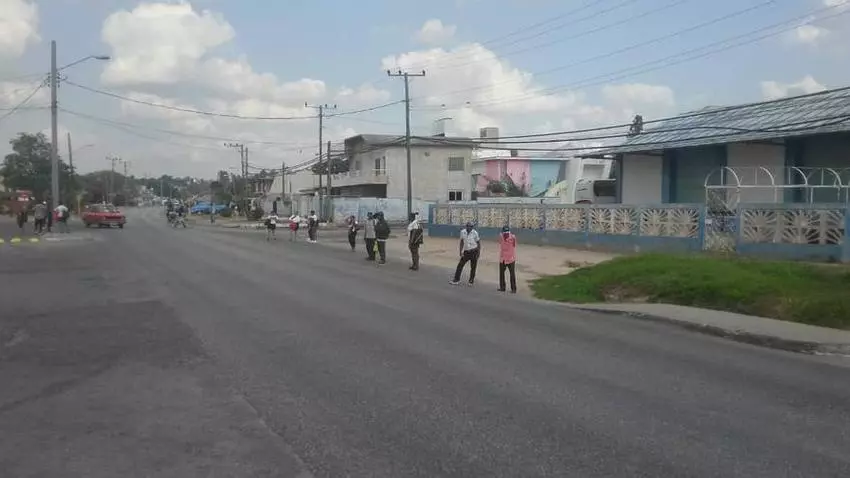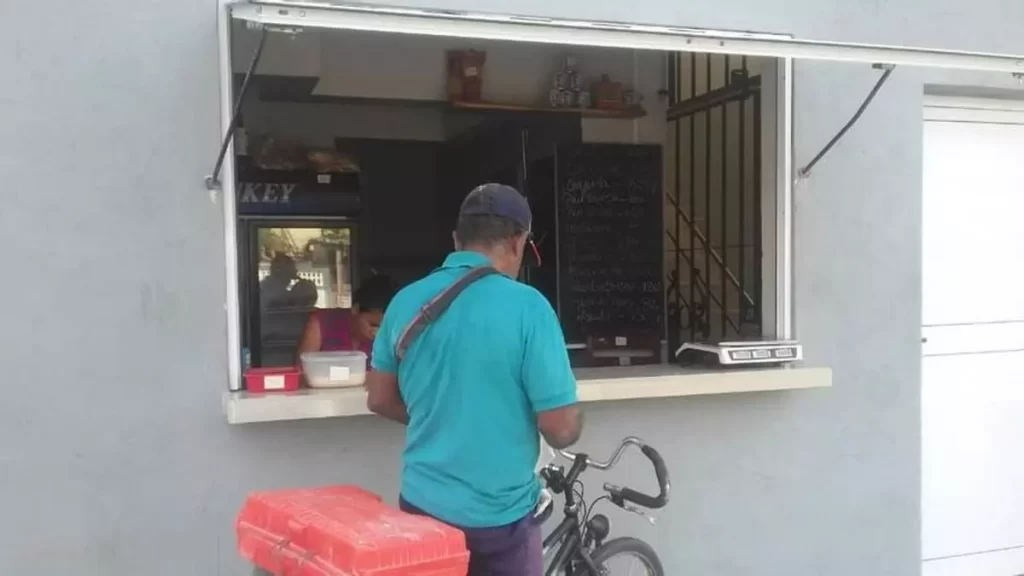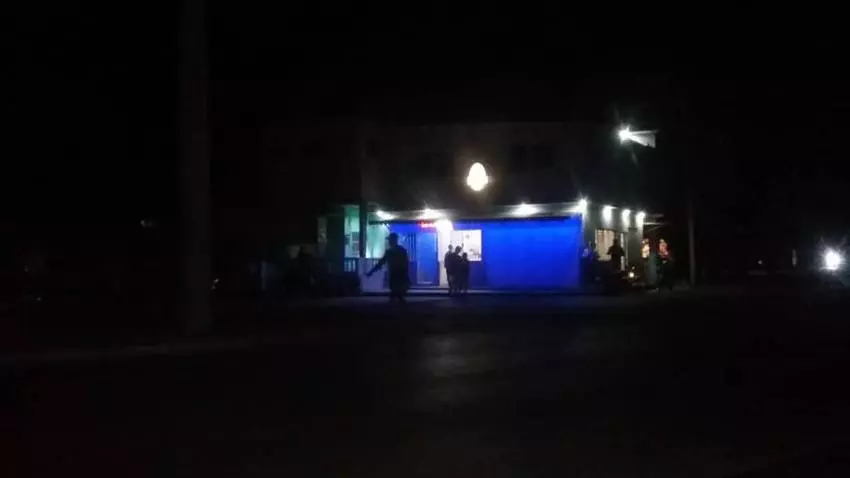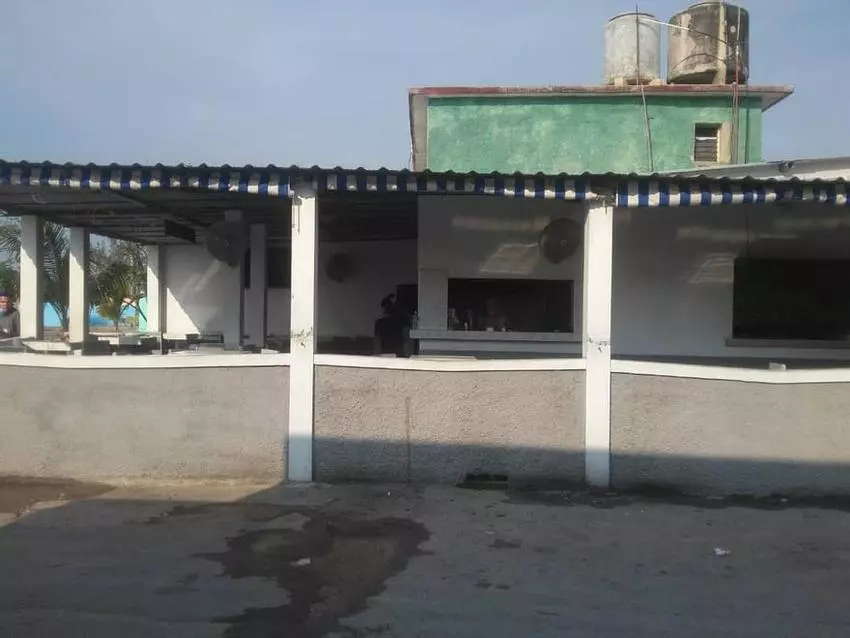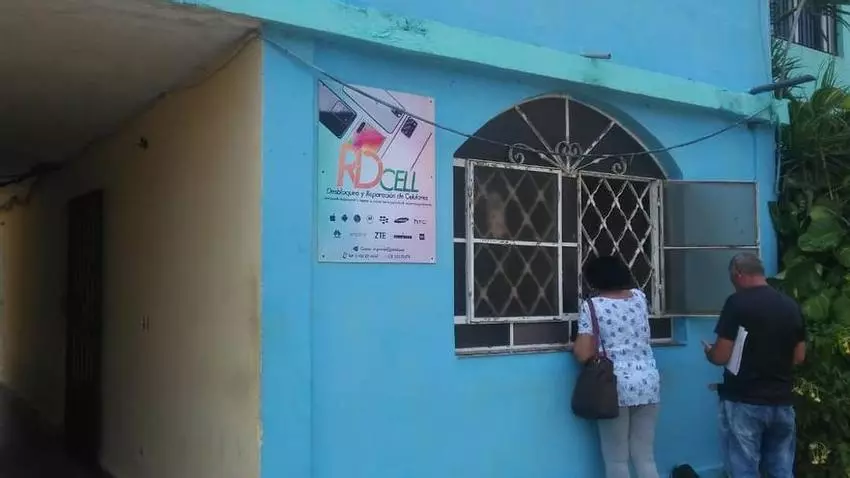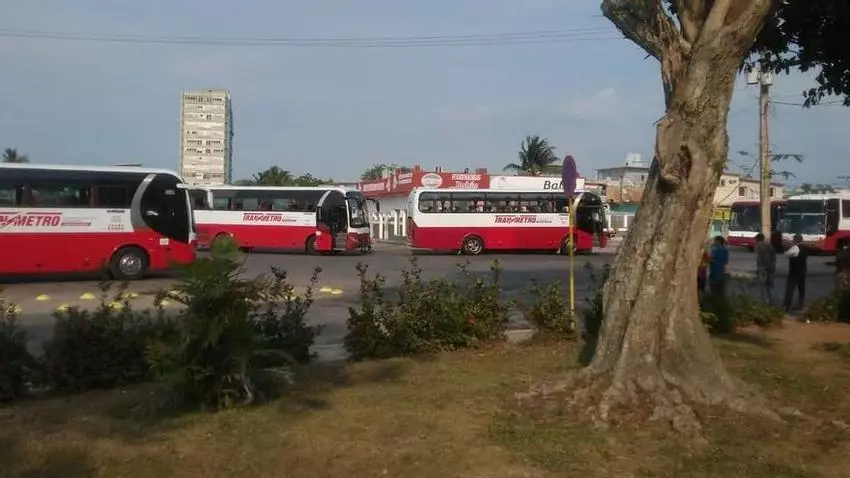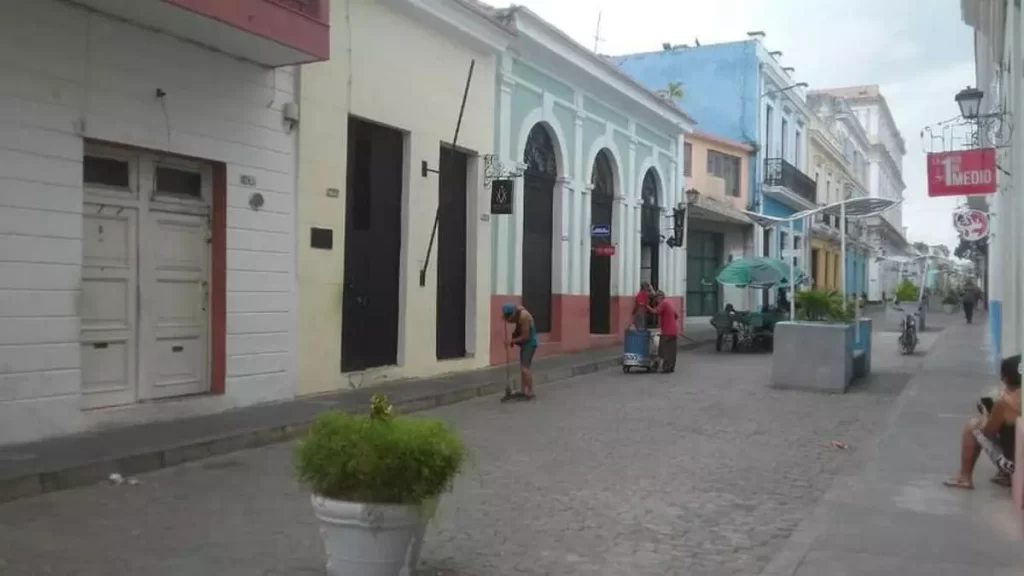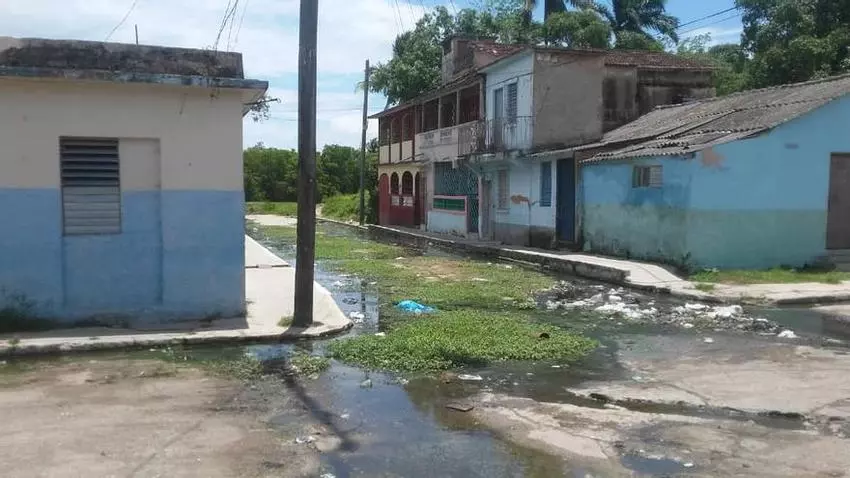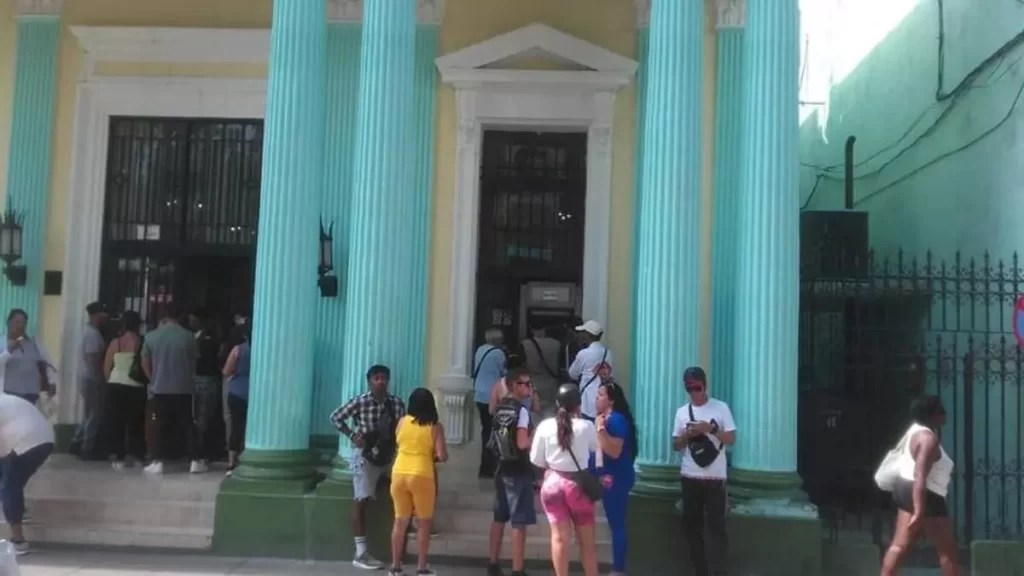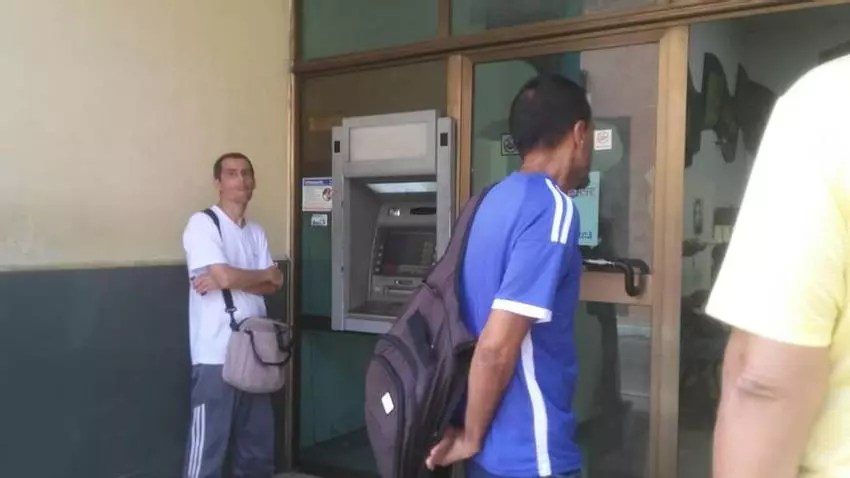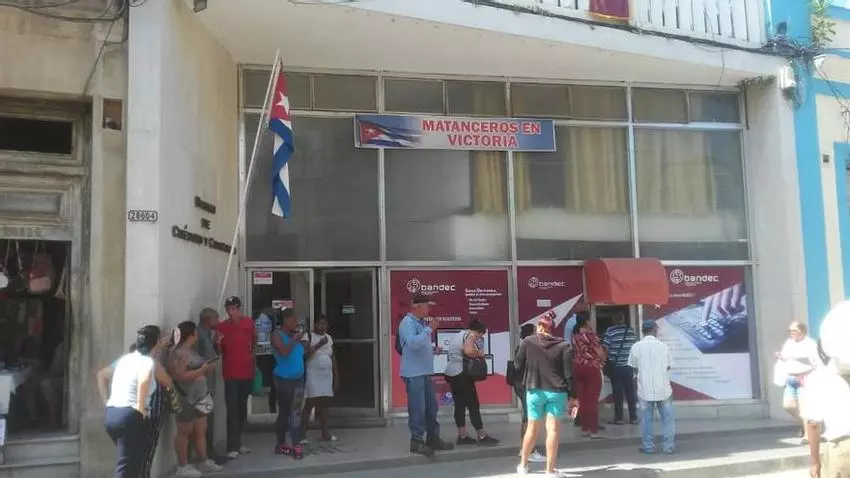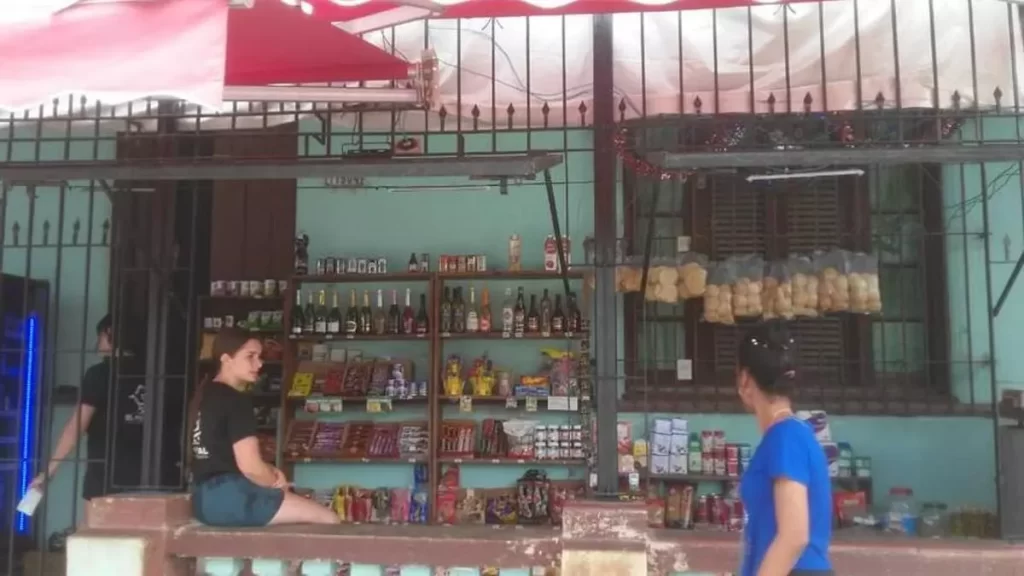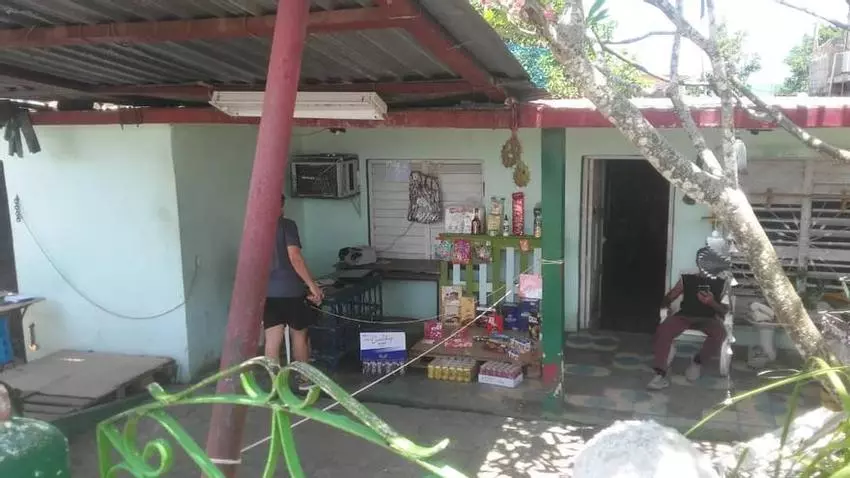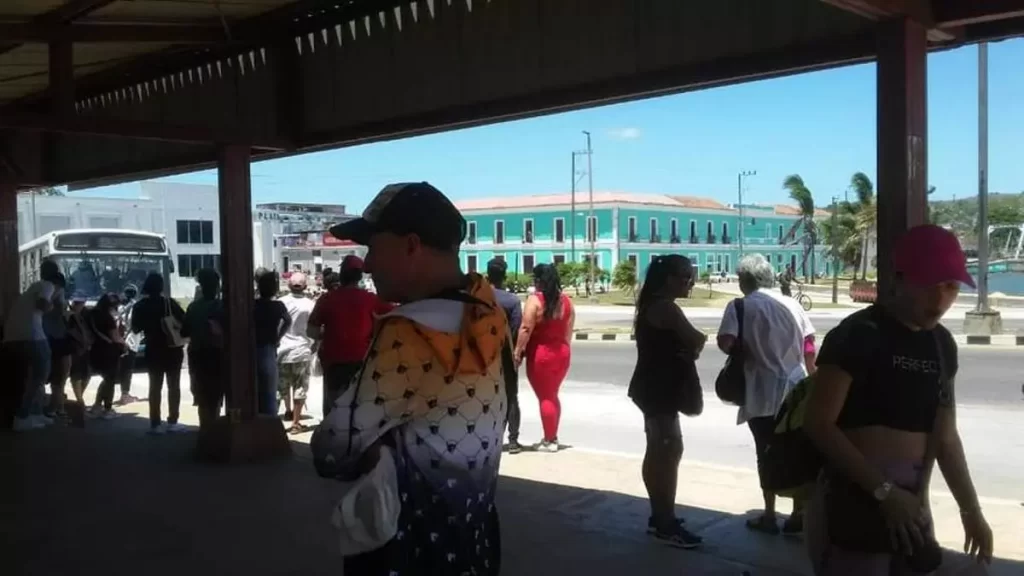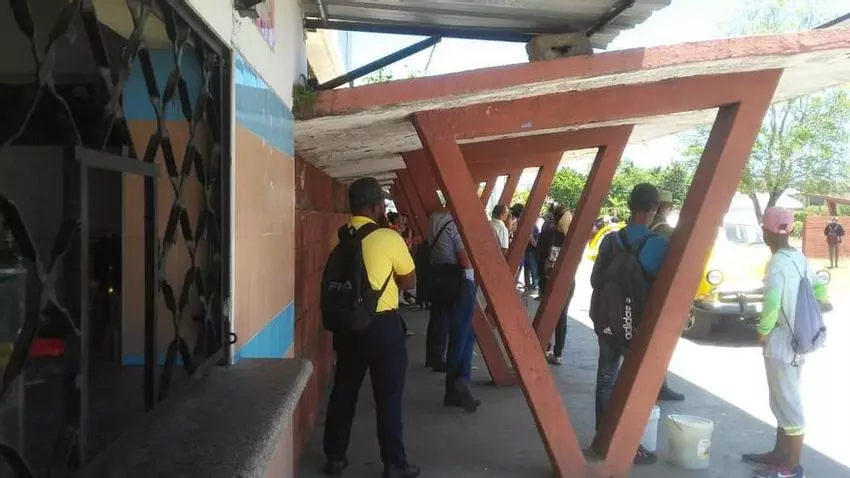
![]() 14ymedio, Julio César Contreras, Cienfuegos, July 7, 2024 — Cienfuegos was never a tourist enclave of great importance like Havana or Varadero, but its architectural charm, more republican than colonial, attracted those looking for city tourism but without the bustle of the capital. In recent years, however, the number of travelers passing through the Pearl of the South has fallen, and, at least since the COVID-19 pandemic, the businesses that depended on that movement are fewer and poorer. A few meters from the city’s boulevard, next to José Martí Park, the artisans of the Cultural Heritage Fund have a space dedicated to the sale of their products. From wooden sculptures to textiles and costume jewelry, the stalls that offer handmade merchandise have been losing their prosperity.
14ymedio, Julio César Contreras, Cienfuegos, July 7, 2024 — Cienfuegos was never a tourist enclave of great importance like Havana or Varadero, but its architectural charm, more republican than colonial, attracted those looking for city tourism but without the bustle of the capital. In recent years, however, the number of travelers passing through the Pearl of the South has fallen, and, at least since the COVID-19 pandemic, the businesses that depended on that movement are fewer and poorer. A few meters from the city’s boulevard, next to José Martí Park, the artisans of the Cultural Heritage Fund have a space dedicated to the sale of their products. From wooden sculptures to textiles and costume jewelry, the stalls that offer handmade merchandise have been losing their prosperity.
María Luisa, an artisan who manages one of the tables, has witnessed the debacle. “Sales have been greatly affected. Just a few years ago, up to ten buses with tourists stopped here every day, and, although almost everything we sell is for them, from time to time some Cuban would come here to shop too,” she tells 14ymedio.
“Then we could even have the luxury of giving discounts, because we had enough profit to live on,” recalls the 43-year-old cienfueguera, who sells all kinds of memorabilia that can attract interest from abroad: paintings by Compay Segundo, maracas adorned with Cuban flags, cow bone necklaces and Che magnets. continue reading

In the current situation, María Luisa explains, the prices of raw materials have risen so much that “it is not only difficult to get them, but also to make a living from handicrafts… If before those who did better had enough to hire a seller, now it is the artisans themselves who sell the products. Between investments, taxes and paying for table space, many have had to abandon the sales,” she says.
Other private businesses that lived on tourism in the city have also experienced the consequences of the debacle of the sector. This is the case of the small hostel managed by Alberto, who is worried that this off-season will be the last. The cienfueguero has a two-story Republican era house that he fixed up a few years ago to receive tourists. However, with his age, 72, and how difficult it has become to get food and cleaning supplies, “it’s hard to provide services.”
The costs per night in a private hostel range between 20 and 50 dollars, or, if the owners accept the exchange, its equivalent in MLC (freely convertible currency), depending on the characteristics and location of the place. “Before, food service could be provided to guests, but now between how expensive the food is and how difficult it is to find varied and quality products to offer them what they want, we have almost begun to provide only a simple breakfast.” Offering other services such as the internet, common in other countries, is also a challenge. “It’s spending money on something that most of the time doesn’t work, or the connection is very slow,” he explains.
The house has also begun to show humidity in some corners, which causes Alberto headaches in advance since, if he needs any major repair, the materials will not only be impossible to find, but they will also cost him “an arm and a leg .”
Even so, many of the foreigners who pass through the city prefer a private hostel, which offers a more personalized service, rather than staying in state facilities. It is to be expected, therefore, that these will also suffer from the lack of customers. The La Unión hotel itself, in the city, with a four-star category, recently had all of its 46 rooms empty.

“We try to make up for the absence of international tourism with the authorization of services for domestic customers. Although not everyone can afford the prices of our pool or cafes, at least we try to please our visitors, although sometimes we have broken elevators and other deficiencies that cause logical inconvenience to both tourists and employees. Our profits are below what was planned, but we do our best to pay good attention,” a worker of the complex managed by the Spanish Meliá, who has accommodation from 70 dollars a night, explained to this newspaper.
At the end of the chain are the restaurants of the city, many designed to exclusively receive tourists, which have now suddenly been left without a clientele and have had to “adapt.” Facing José Martí park is the El Palatino cafeteria, whose current customers are – contrary to their initial purpose – “cienfuegueros who come to have a coffee, a beer or a drink from the canteen.” Musicians no longer play there, and there are no tips for the waiters, condemned to survive with “very low wages for these times.”
Translated by Regina Anavy
____________
COLLABORATE WITH OUR WORK: The 14ymedio team is committed to practicing serious journalism that reflects Cuba’s reality in all its depth. Thank you for joining us on this long journey. We invite you to continue supporting us by becoming a member of 14ymedio now. Together we can continue transforming journalism in Cuba.



